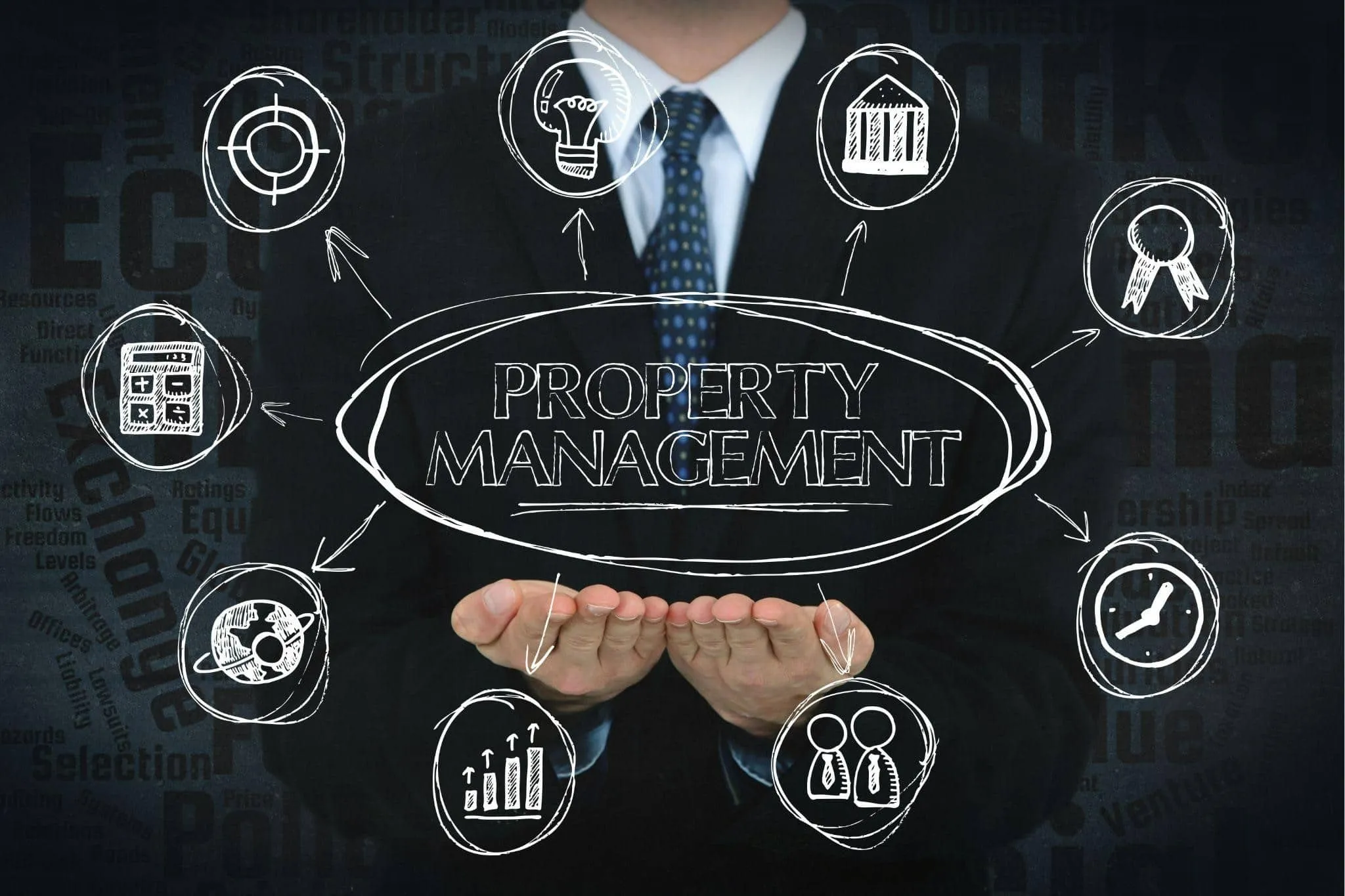Five Elements of Successful Property Management
From navigating issues related to tenant interaction to ensuring the collection of fees, the role of a property manager is one of the most critical components that keeps the entire real estate system in motion. Through organizational management, a commitment to operational efficiency, and a high level of attention to detail, the most successful property managers are capable of handling almost anything that comes their way. Property management can be a completely satisfying experience. Whether you are considering volunteering as an HOA manager or have already become well-versed in this field, practice and the development of soft skills can significantly impact success. Here are five qualities that every property manager should develop to achieve success in this profession.

Communication
In any homeowners association (HOA), there are a set of rules and provisions that must be followed by residents. For HOA leaders, adherence to these rules is part of their responsibilities. Without excellent communication, management becomes a futile endeavor. Good communication involves using the right platforms for connection, whether it's board meetings, SMS messages, or announcements in common areas. Provide every resident with the opportunity to participate in board meetings and make all important notices as visible as possible. Social media groups can also maintain open communication and help foster community spirit. Ensure that resident and committee contact information is always up to date so everyone can communicate effectively at any time.
Decisiveness
Another key element of effective leadership is decisiveness. The ability to quickly and effectively make decisions that are best for homeowners. There might be repair work needed on various properties or in common areas. A rule may be questioned, or someone might not comply with them. In these cases, quick decisions are required. Thoughtful decisions don't come to the team overnight. It's like researching homeowner’s insurance; the best approach is to conduct thorough research before making a decision. To make an informed decision, a manager must understand what is happening, the risks involved and potential consequences. When something comes to management, it should be evaluated: what is the nature of the issue? Can it be resolved quickly using rules or CC&Rs? Does it require deeper investigation? What options do you have? By asking these questions and discussing them with the HOA board, you can quickly make important decisions about any possible issues.
Handling Complaints
Sometimes things go wrong, and a resident needs a quick resolution to a specific problem. Ensure your residents understand the HOA covenants, conditions, and restrictions by providing them with a copy upon moving into the community. There should be a formal complaint process described in CC&Rs to assist residents. It's good if you yourself know this process since that is what you will have to handle these issues. Upon receiving a complaint, deal with it professionally. Provide a platform for understanding by first acknowledging the concern. Then cross-reference with rules and management documents to assess the complaint. Next, this should be brought before the board for discussion and potential resolution. Afterward, you need to inform the resident of the outcome. Most of the work with complaints is professionalism and empathy, but using available resources will help you successfully resolve matters for all parties involved.
Relationships
Relationships are an essential part of the human experience, so getting to know neighbors and other HOA residents is a good practice. It's pleasant to know who your neighbors are and let them know you're not a stranger they can't interact with. Interaction is very important. Residents should feel that they can communicate with board members and truly influence decisions made within the organization. If this is not happening, then management is doing something wrong. This should be a free flow of communication that involves the community—not one-sided business communication between management and board members. Dealing with complaints and rule-related issues can become an important part of increasing engagement.
Finance

The financial aspect of HOA work involves budget planning, fee collection, and reserve fund management. While some administrative or accounting duties may be directly on the board, property managers must coordinate everything. Using property management software for budget planning, expenses, reserve fund accounting, vendor management, and centralized payment access is the best way to be as effective as possible in this important area. Electronic banking eliminates the need for bank visits after fee payments. The ability to scan checks and batch process payments makes payment more convenient for owners. You can even use software to offer payment plans or deferred payments if needed by residents. Using financial growth tools makes the community an effective accounting instrument, but it is especially good for budget planning and forecasting. Using past and current data makes it easier to create a solid budget, manage the reserve fund, and overall easily handle all financial aspects of the HOA.
Need a renovation specialist?
Find verified professionals for any repair or construction job. Post your request and get offers from local experts.
You may also like
More articles:
 Fantastic Blue Bedrooms That Will Amaze You
Fantastic Blue Bedrooms That Will Amaze You Beach House Face Rock by Giulietti Schouten Weber Architects in Bandon, Oregon
Beach House Face Rock by Giulietti Schouten Weber Architects in Bandon, Oregon Factors That Contribute to the Durability of Epoxy Flooring
Factors That Contribute to the Durability of Epoxy Flooring Enchanted House by Hinzstudio in Vietnam
Enchanted House by Hinzstudio in Vietnam![Villa Falésia del Rey by [i]da arquitectos in Obidos, Portugal](/storage/pages/2023-12/013879b0886f9a40085d56c2.webp) Villa Falésia del Rey by [i]da arquitectos in Obidos, Portugal
Villa Falésia del Rey by [i]da arquitectos in Obidos, Portugal Autumn Bedding Ideas for Welcoming the Season
Autumn Bedding Ideas for Welcoming the Season Autumn 2022: Ideas and Inspiration for Decoration
Autumn 2022: Ideas and Inspiration for Decoration Autumn Inspiration for Decorating Your Home in Every Room
Autumn Inspiration for Decorating Your Home in Every Room